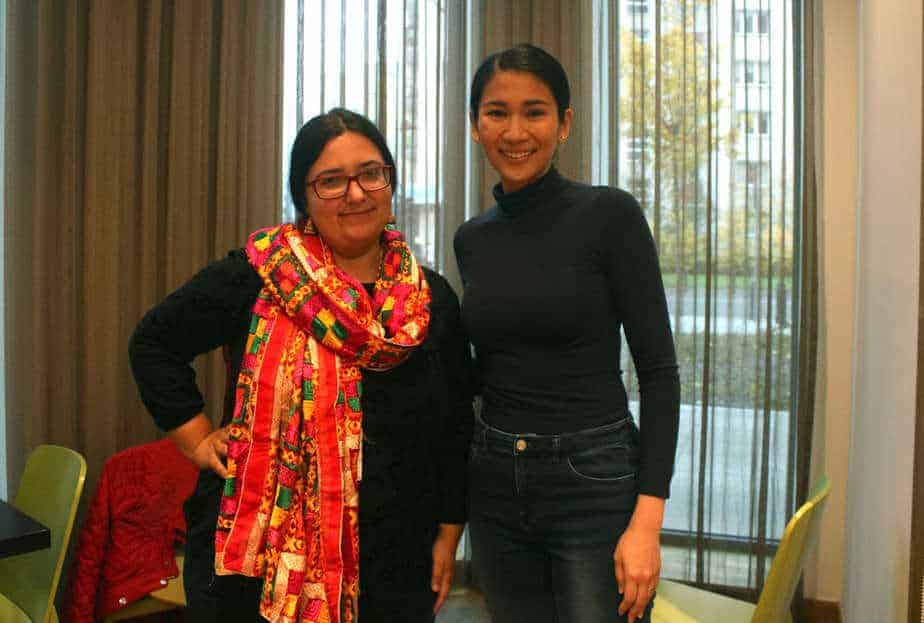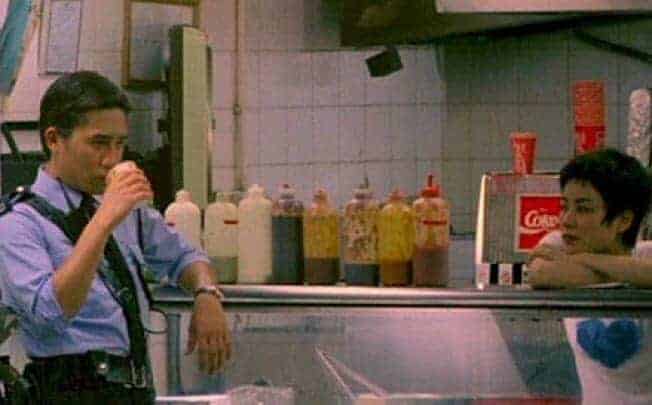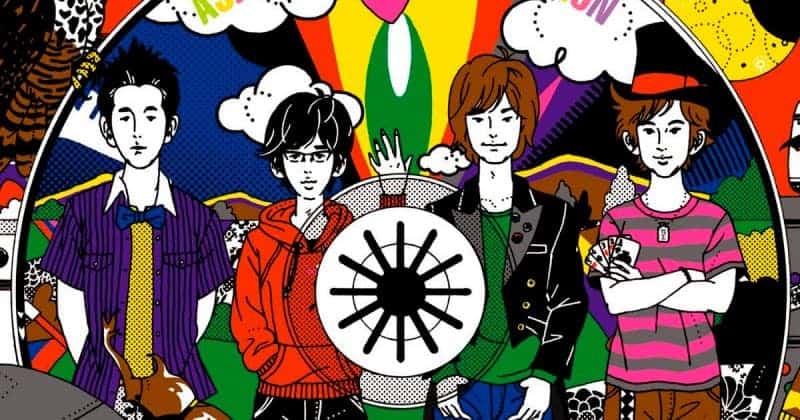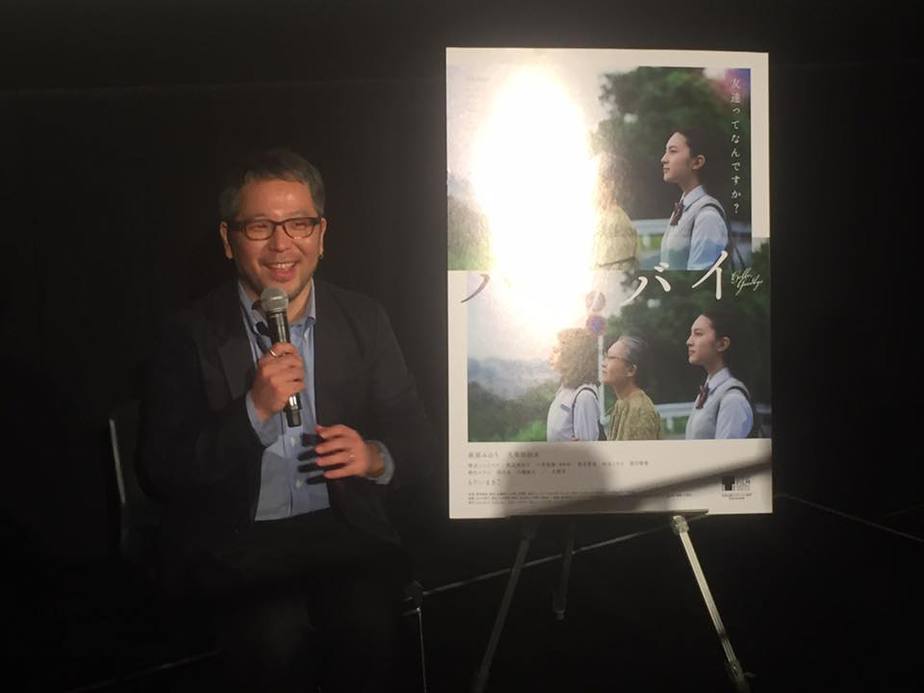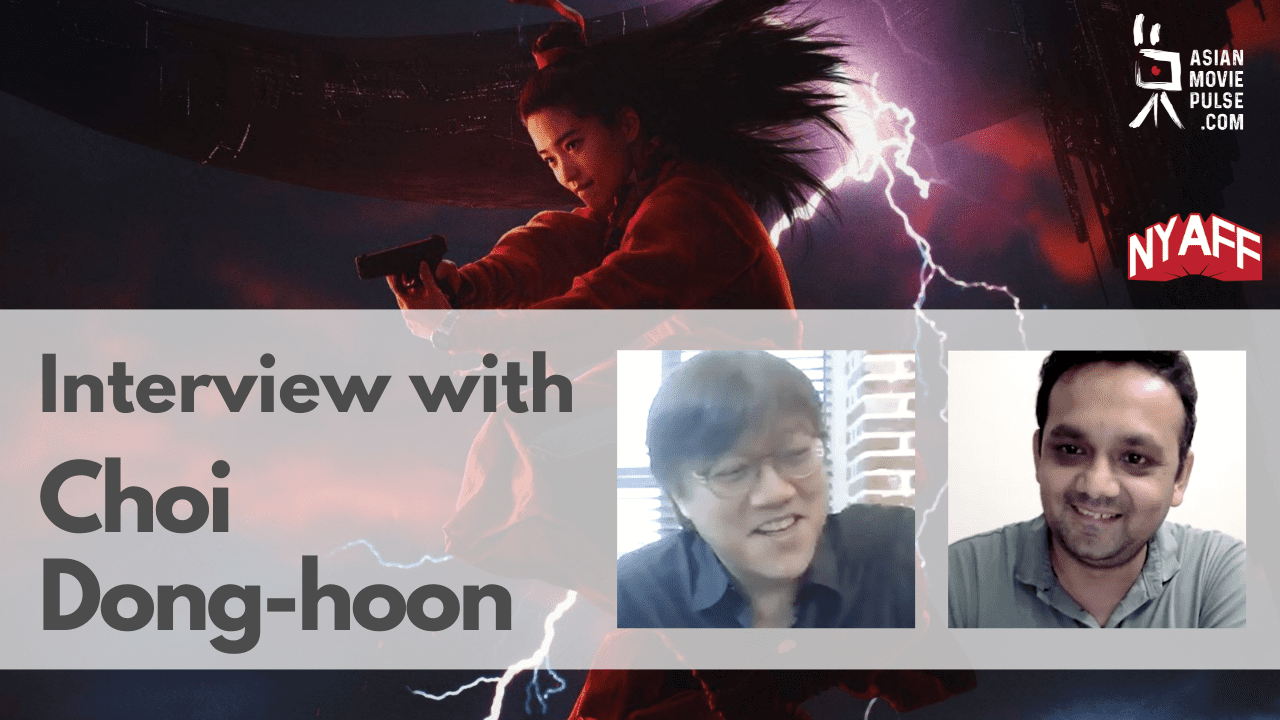5. The Teacher by Farah Nabulsi (Great Britain, Palestine, Qatar)
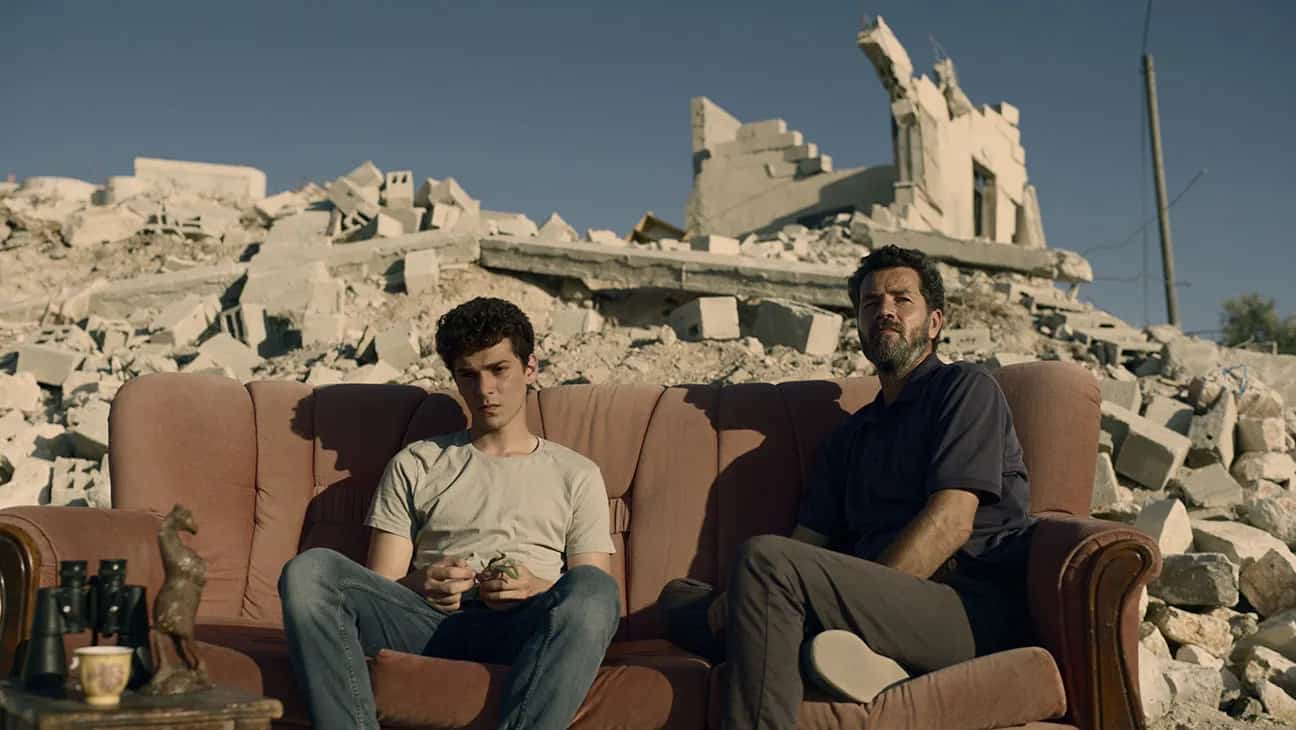
Farah Nabulsi directs a film that has a specific goal, of highlighting the injustices the Palestinians suffer under the Israeli Occupation Forces, in all its glory. Having their houses torn down and asked to pay for the demolition is just the beginning, as we watch Israeli judges failing to give justice to any Palestinian claim, while imprisoning youths even for participating in demonstrations against Israel. The suffering of these tormented people permeates the narrative, essentially justifying their own violence as a reaction to oppression.
4. The J-Horror Virus by Jasper Sharp and Sarah Appleton (UK, Japan)
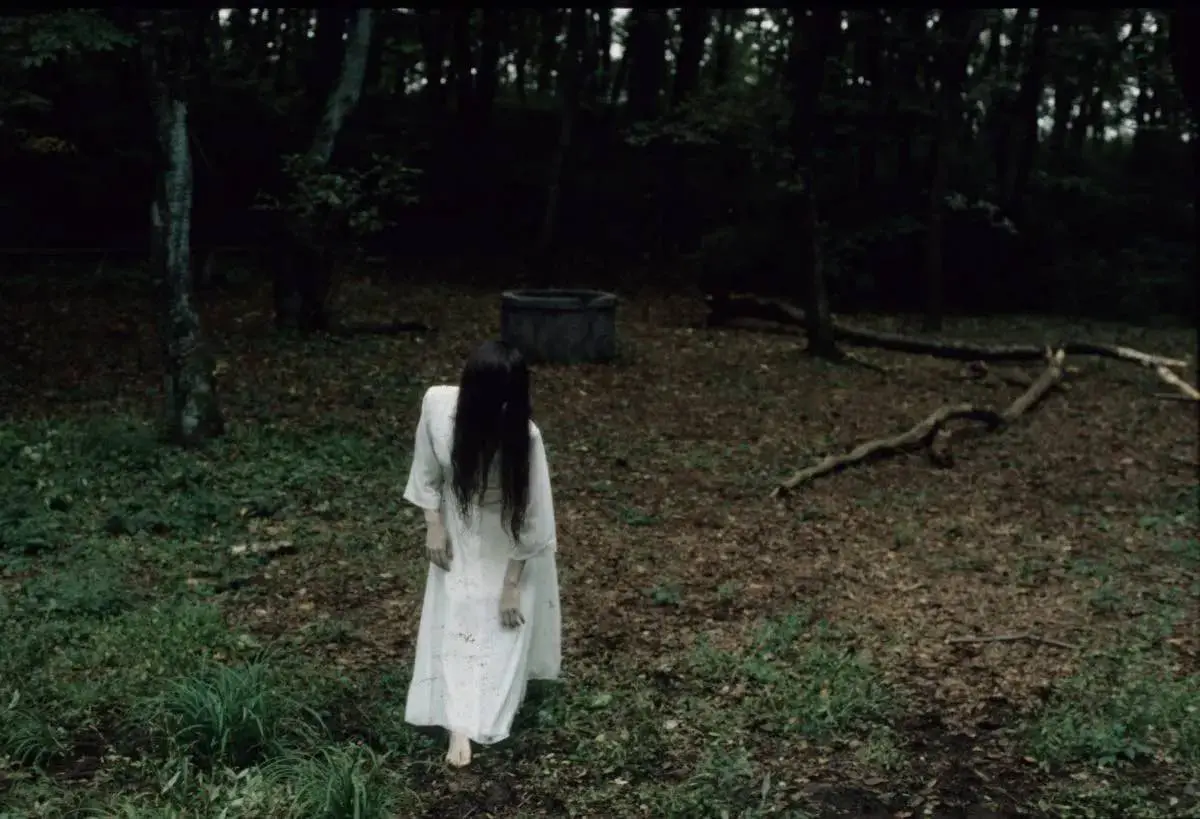
The result, however, is magnificent, since the phenomenon is highlighted and expressed in all its glory, from the people who were actually part of it, while the many different perspectives the plethora of people talking showcase, definitely add to its analysis. For example, the connection with technology and the fear deriving from it is connected with Japanese folklore and the ever-present alienation as the source of the themes of these movies, is depicted quite thoroughly. A very interesting comparison
3. Perfect Days by Wim Wenders (Japan, Germany)

“Perfect Days” is a one-man-show of Koji Yakusho, and the movie's success is largely dependent on the incredible quality, range, depth and charisma of one of Japan's most renowned and most accomplished actors. We get to follow his Hirayama through his most normal days, mostly wordlessly. Hirayama gets up early, puts on his uniform, gets into his car, puts on another cassette tape with some American classics, and goes to work. His job is cleaning public toilets around Shibuya. The old man is good at his job – gets right to the point, does it quickly and precisely, and seems to be calmly satisfied with just doing his thing well. He is professional about what he has to do, but also takes time to smell the flowers. During the breaks, he sits in a park or walks around, watching the life of Tokyo around him and just enjoying how great the city is, and how great it is to live in this world overall, with moments of human and natural beauty all around you. Some stories happen, with strangers and relatives, although the movie has no real main arc – for the whole time, it remains a series of episodes, with only single suggestions appearing about Hirayama's past, his life situation, and really about the message of the whole thing. The personal moments of the story and the ending remain undeclared, with each viewer free to come up with their own summary and interpretation. (Paweł Mizgalewicz)
2. Return to Seoul by Davy Chou (France, Germany, Belgium South Korea, Romania, Cambodia, Qatar)
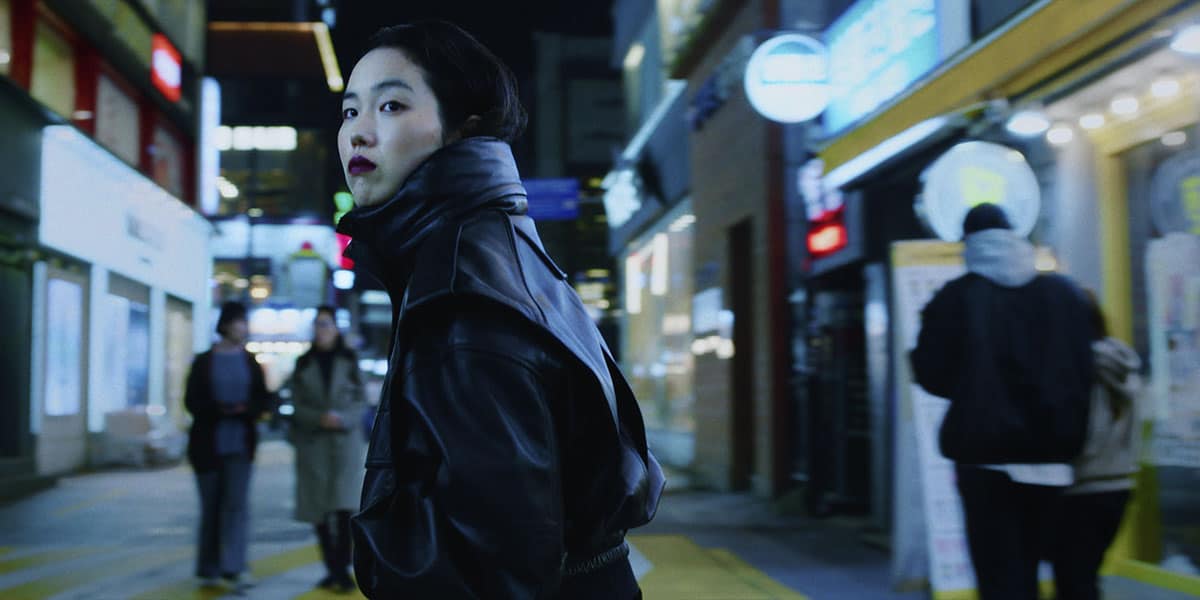
Chou homes in on Freddie's discomfort with her own background by almost exclusively filming her reactions with other Koreans brought up in Korea. In a film that consists mostly of medium shots, it is almost impossible to really tell where Freddie is at one point in time; in fact, the Korean scenery is negligible. Instead, Chou pays attention to language. When Freddie meets Tena, another Francophone Korean, she immediately bursts into bubbly informalities. Her elementary-level Korean skills chafe, however, against the extreme formality of other Koreans she meets. She stumbles along in a mix of informal Korean and English; her frustration with local etiquette comes across on her face. Chou reveals a portrait of a soul both liberated and constrained by the expectations of Korean society, where Freddie continues to try, fail, and revolt against the Korean feminine standards set upon her. (Grace Han)
1. Past Lives by Celine Song (Korea, US)
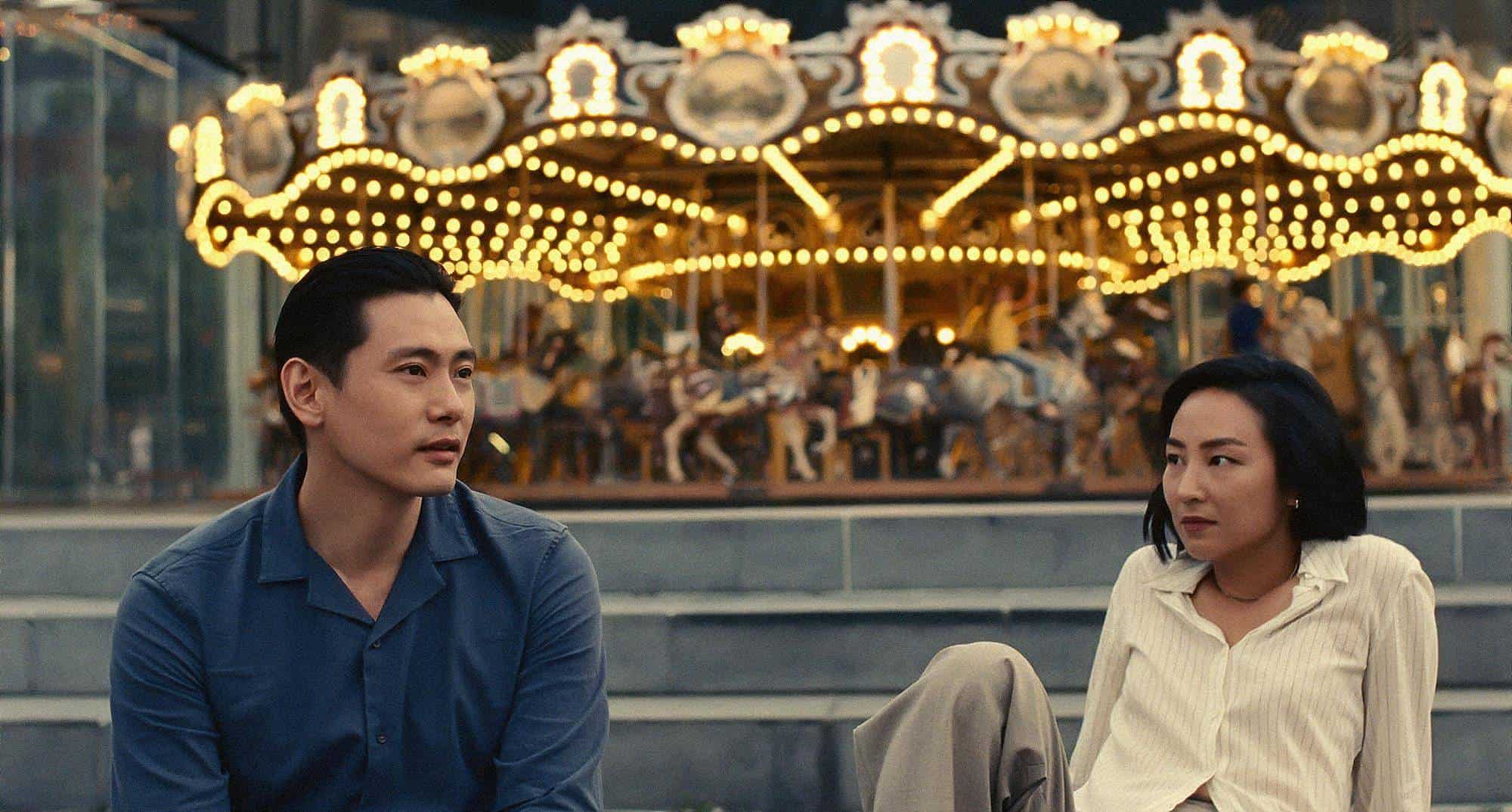
Celine Song directs a slow burning, quite tender romantic film, which also includes one of the best-working flashbacks (intro if you prefer) and one of the best endings we have seen in a romantic film. Apart from these, the movie essentially deals with the concept of soulmates, and how it can shape the lives of people, particularly in a society such as the Korean, where it is actually part of a wider belief regarding reincarnation. (Panos Kotzathanasis)

+1 Silent Night by John Woo (USA, Mexico)
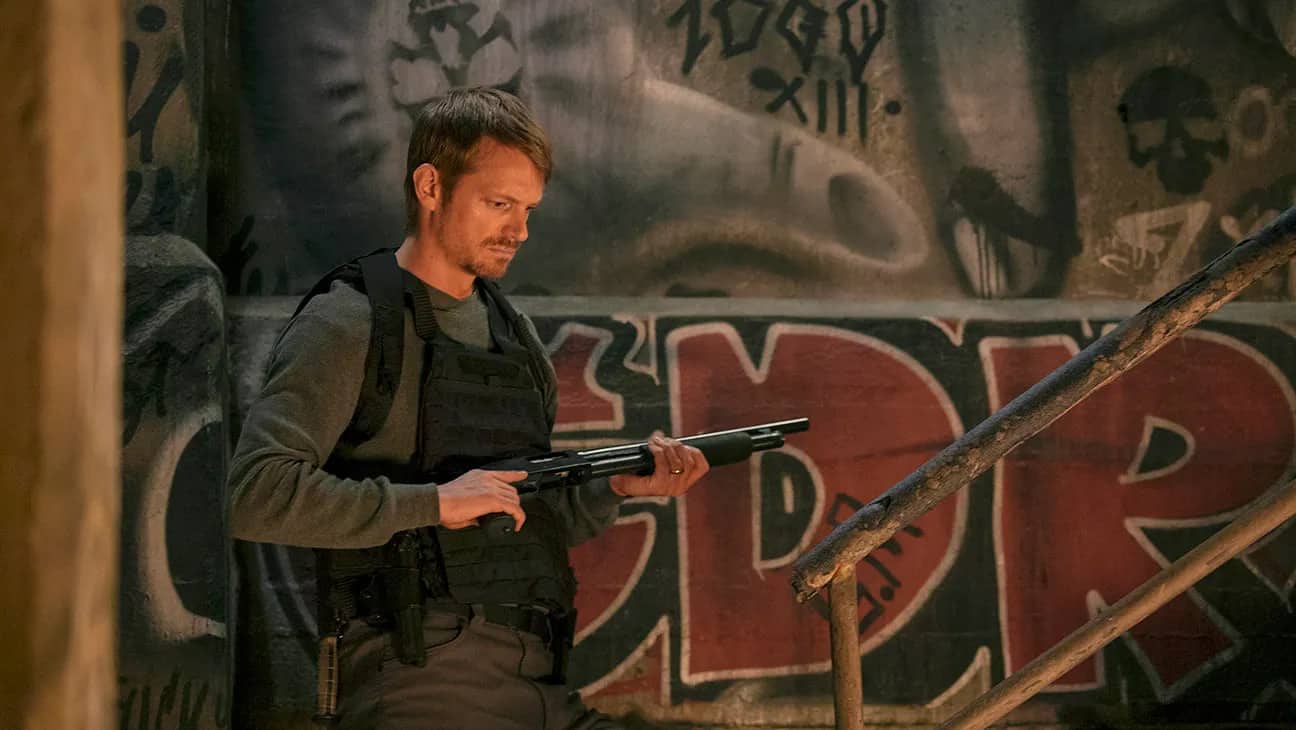
The stylized approach to the action, which will remind of Fuqua's “The Replacement Killers” (where Chow Yun-fat also plays his part in almost silent fashion btw) is quite intense too, and in collaboration with the loud industrial music, results in a series of scenes that point toward music videos, in the most entertaining fashion. A dancing scene, which is part of a violent montage close to the end, definitely winks towards Johnnie To, as do the occasionally ultraviolent fights, which can actually be “attributed” to Woo's own movies from the 80s and 90s. The climbing the stairs towards the Boss will definitely remind of “The Raid”, while the car chases, with the added “attraction” of the simultaneous gunfights, the torturing, the involvement of a cop, the Deus-ex-Machina and the fact that the protagonist does not seem to die, all point towards the classics of the category.


